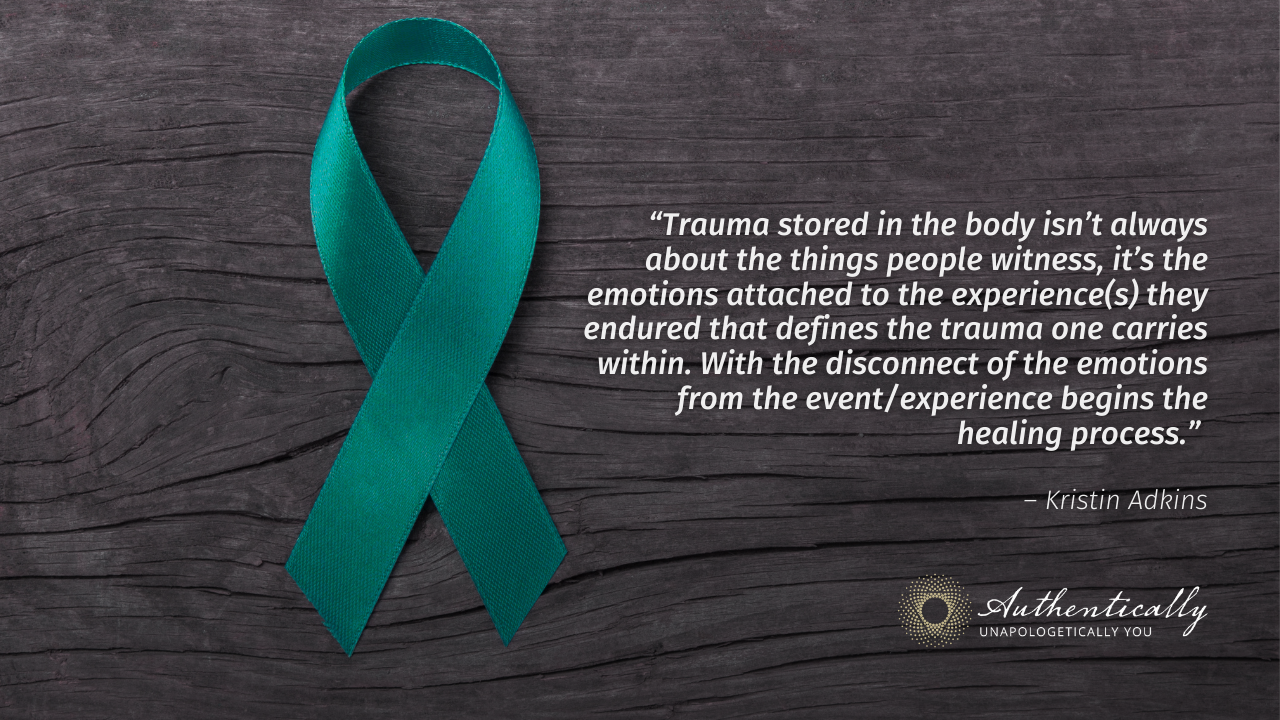PTSD: Post Traumatic Stress Disorder
Jun 04, 2021
P - Post
T - Traumatic
S - Stress
D- Disorder

The words trauma and post-traumatic stress are now part of most people’s vocabulary.
Post Traumatic Stress Disorder, or PTSD, has received a lot of media attention. The condition is often shown in movies and on TV, but what is PTSD in real life?
PTSD is a mental illness in which people experience flashbacks, anxiety, nightmares, and repetitive, intrusive thoughts about the traumatic event they experienced or were experiencing.
It affects your mood and physical behavior. People with PTSD have difficulty processing and recovering from traumatic events. You may have acute or short-term PTSD that can last for several months. Or, you may have chronic or long-term PTSD that can last for several years.
The number of people who develop PTSD as a result of this trauma is comparatively small but those affected could claim that PTSD is a misunderstood, difficult condition that severely affects their quality of life.
If you or someone you love has experienced trauma or is currently suffering from PTSD, knowing how it affects a person and how they develop is important.
Mental health, while often difficult to discuss with friends and loved ones, is not something to be ashamed of. Seeking help for your trauma that can lead into PTSD will be difficult, but it's necessary for your quality of life: if left untreated now, it could become a bigger problem.

